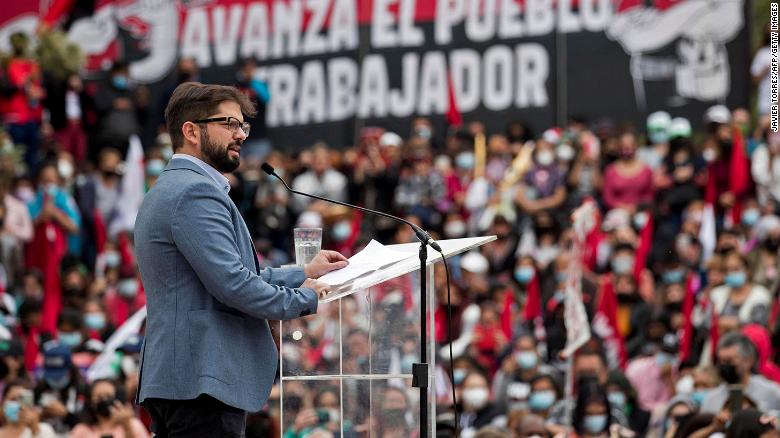
No último domingo (19/12/2021) o novo presidente chileno foi eleito. Depois de uma disputa acirrada entre um representante da esquerda e outro da direita, o vitorioso foi Gabriel Boric, deputado da esquerda e ex-líder estudantil. As eleições foram marcadas por problemas como a dificuldade de transporte público para as pessoas votarem, levando prefeituras a disponibilizarem carros oficiais para que as pessoas pudessem votar. Acusações de lado a lado sobre a responsabilidade e os impactos sobre o resultado eleitoral foram disparadas. No entanto, o resultado foi aceito por todos.
Esse caso é apenas mais um exemplo das diferenças entre os processos democráticos encontrados mundo a fora. Não são apenas as regras do jogo válidas em cada país, também existem as condições locais e suas singularidades. É difícil fazermos julgamentos de fora, o que dificulta ainda mais a condução de uma política externa isenta. Ao termos em mente que a política externa deve ser de Estado (portanto buscadora de uma relação formal e duradoura com outros Estados) e não de governo (portanto não focada em relações pessoais e vontades de como o outro Estado deveria ser), a situação brasileira fica delicada.
Tal como em outros casos, o presidente Bolsonaro não gostou do resultado das eleições chilenas, onde esperava a vitória do direitista José Antonio Kast. Em função disto Bolsonaro ainda não fez o protocolar cumprimento do novo presidente eleito. Esse não é um comportamento novo, como pode ser visto no caso dos Estados Unidos, quando o presidente demorou 37 dias para cumprimentar o então eleito Joe Biden. Foram tecidas duras críticas à Nicarágua e ao presidente eleito Daniel Ortega. Já em 2019 o mesmo ocorria com o presidente eleito na Argentina, Alberto Fernández.
Devemos observar que não se trata apenas de uma formalidade, trata-se do reconhecimento do governo de outro país, com o qual devemos manter relações. A política externa brasileira é tem como um de seus pilares, acertadamente, o princípio da não-intervenção. A ideia é que o Brasil busca respeitar as decisões dos outros países. Não se trata de algo filosófico, sendo interessante para o Brasil esse princípio na medida em que fortalece a defesa de que outros países não podem interferir no Brasil. Basta lembrar das ondas internacionais que buscam fortalecer a ideia de que a Amazônia deveria ser internacionalizada diante da incapacidade de o Brasil a preservar.
Assim, defender o princípio da não-intervenção é algo fundamental para o Brasil. Gostando ou não dos resultados eleitorais de outros países, ou mesmo da forma como o processo eleitoral é conduzido, o importante é apoiarmos os países e suas escolhas.
Pós-Doutor em Competitividade Territorial e Indústrias Criativas, pelo Dinâmia – Centro de Estudos da Mudança Socioeconómica, do Instituto Superior de Ciencias do Trabalho e da Empresa (ISCTE, Lisboa, Portugal). Doutor em Relações Internacionais pela Universidade de Brasília (2007). É Diretor Executivo do Mapa Mundi. ORCID https://orcid.org/0000-0003-1484-395X
